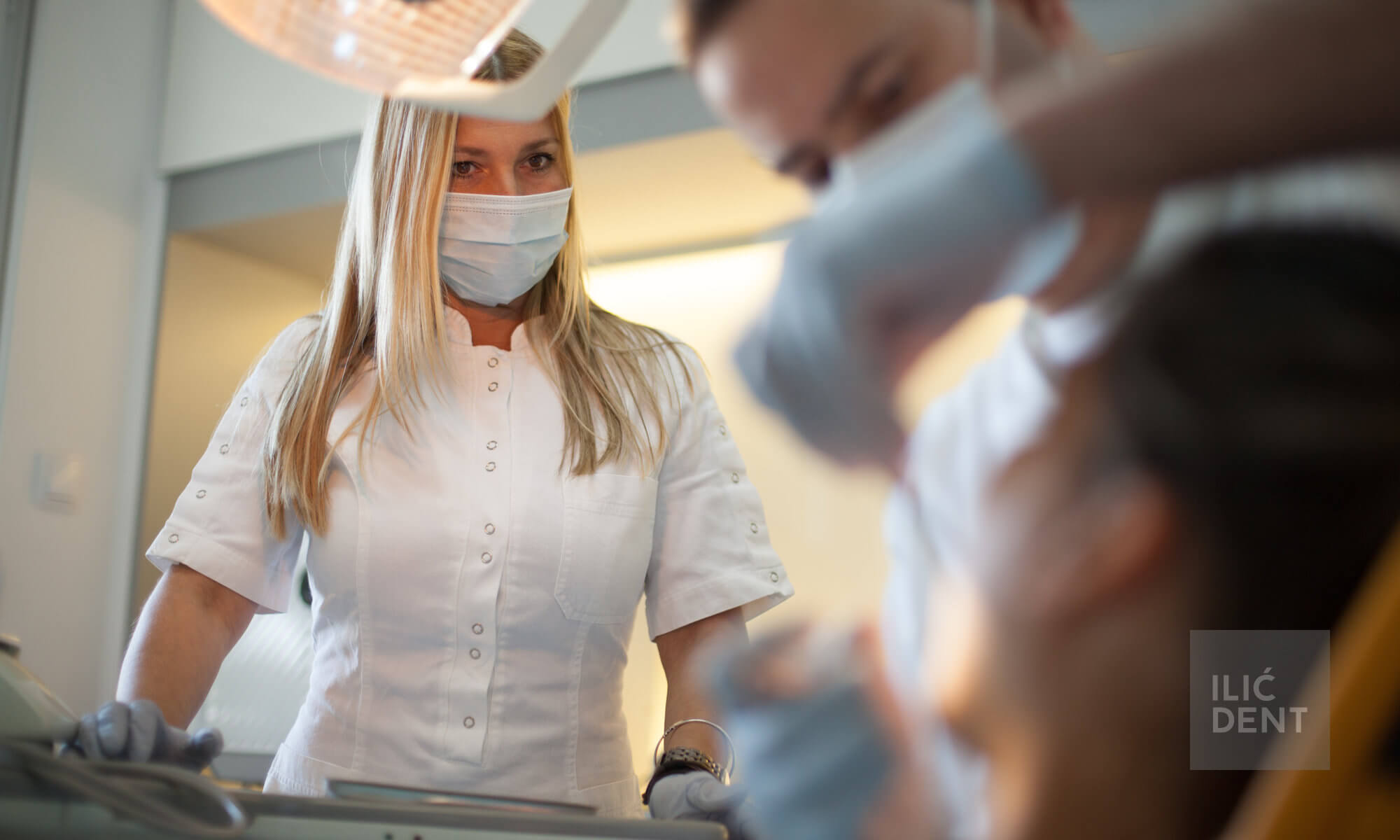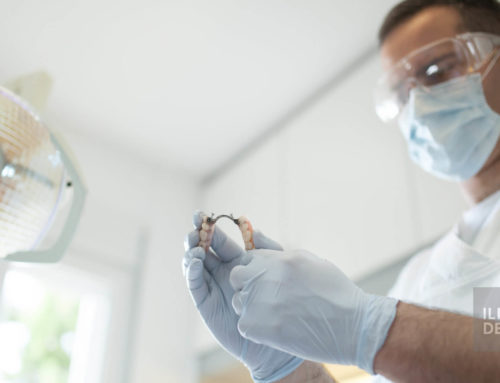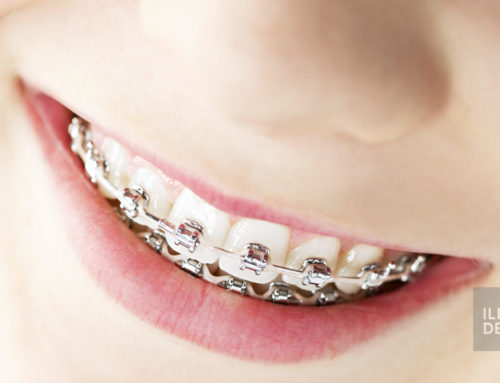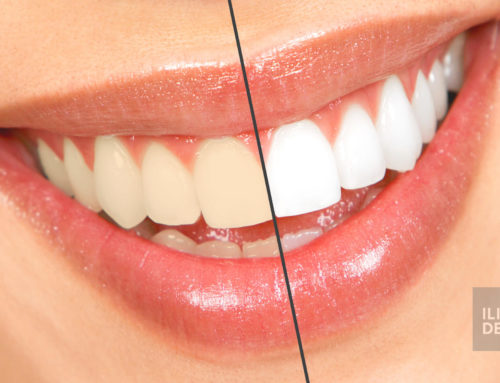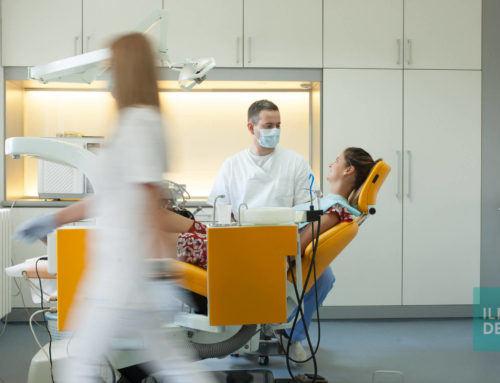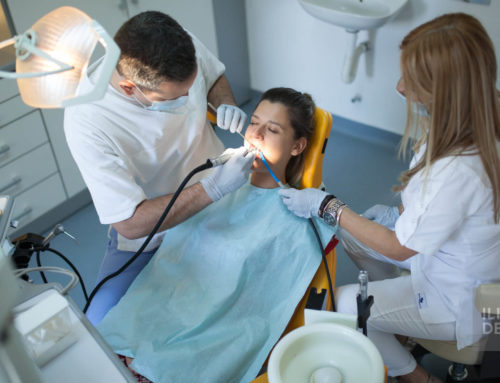If you feel a pain, you should immediately visit the specialist of oral surgery to remove a painful wisdom tooth, as this is the best and only lasting solution. However, wisdom tooth extraction is not always possible. Dealing with dental problems often has to wait due to family and business obligations, and sometimes it is difficult to schedule a dentist appointment in a day (especially if surgical intervention is needed). If you find yourself in a situation where you are in extremely severe pain and you are forced to wait for the wisdom tooth extraction, use the following tips to temporarily reduce the pain.
- Rinse your mouth with salt water
Add a tee spoon of salt to a glass of water and rinse your mouth with salt water without swallowing. You can repeat the procedure several times.
- Cold compress
Put a cold can or ice in a plastic bag on the painful area. Hold for a few minutes against the painful area, then remove the cold compress for a few minutes. Cold cans are especially convenient if you’re traveling. The cold compress works by reducing the pain and inflammation of wisdom tooth.
- Tea bags
Make tea with a filter bag. Place the whole cup of tea with filter bag in the fridge. When the tea cools down, take cold filter tea bag and put it in your mouth on the painful area.
- Painkillers
It is very important which pain medication you take, because if you take the wrong medicine, wisdom tooth extraction will not be possible and you will have to wait for a few days in pain!
You can take the following pain medications: Brufen (Ibuprofen), Caffein, Nimulid, Paracetamol, Rapidol. Do not take 300mg, 400mg, and 500mg Asprin (Andol or Anbol) before wisdom tooth extraction because they extend the bleeding time, so the oral surgeon will have to delay the tooth extraction. If you take 100mg Aspirin (Andol, Anbol or Cardiopirin) as part of your regular therapy, this is not an obstacle to wisdom tooth extraction.
- Antibiotics
Do not take antibiotics on your own!
Specific antibiotics affect specific bacteria. The wrong type of antibiotic will not help you, especially if the dose and time of the therapy is not right. Consult an oral surgeon before taking an antibiotic.
- Diet and oral hygiene
Do not eat food which is hot, hard or too sweet. Hard food enhances the pain, and hot and sweet food, especially when it gets between the partially emerging wisdom tooth and gums (soft tissue around the teeth), increases the inflammation. Wash your teeth after each meal, use dental floss (as much as you are able around the painful wisdom tooth) and use mouthwash (Listerin, Paradontax, Colgate…). Drink a lot of fluid.
- Additional tips
Visit your dentist as soon as possible. Anything but visiting a dentist will not solve the problem completely. At the first occurrence of a painful wisdom tooth, schedule an appointment, and if you experience symptoms such as fever, chills, shiver, limited and painful opening of the mouth, an urgent examination of an oral surgeon is required.

